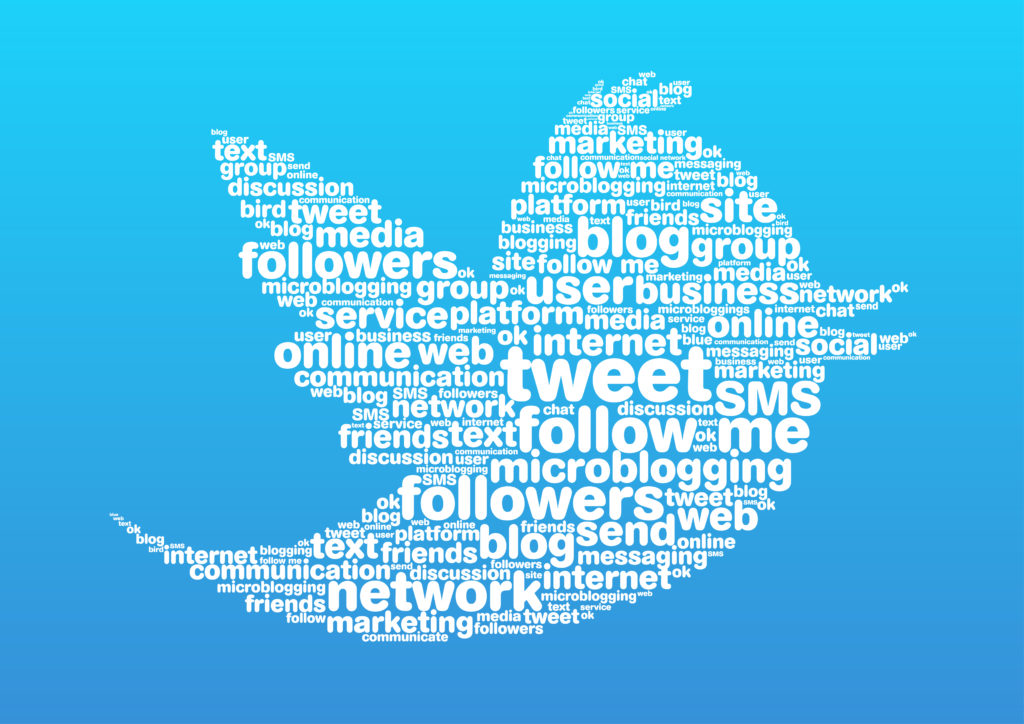
Back in 2014- some very strange, strange postings were coming out of the Burger King Twitter feed.
It turns out the fast food chain’s Twitter account was hacked into by prank tweeters. Tweets varied from absurd to vulgar to actually kind of funny, they included an announcement that the company had been purchased by its rival McDonald’s, changed the profile to promote a McDonald’s product and even a disturbing photo of drug use by what the tweeter alleged was a Burger King employee. The issue was resolved relatively quickly with minimal damage. Burger King re-assumed their Twitter account and issued an apology for the content that was posted.
Just as we were prepared to write this off as an isolated, fluke of an incident, the same thing happens to Jeep’s Twitter account a day later. They too were able to get their accounts back with little damage to the brand image. Burger King actually gained a windfall of 30,000 new Twitter followers in the wake of the hacking. In an even stranger twist, MTV and BET staged a fake Twitter hacking hoax to grow its follower-ship. Jeep and Burger King are just a few who’ve fallen prey to a social media hacking Paypal and media outlets NBC News and USA Today were also hit by a hacker group. The NBC News hacking sent out false reports that President Barack Obama had been assassinated and another one that there had been a new terrorist attack in 9/11’s Ground Zero area.
All of these brands have the benefit of large PR and marketing teams and relatively deep pockets to minimize social media crises like these and to make incidents like these go away, but smaller companies don’t always have the luxury. But on the other hand the fact that big companies like these can be hacked means that: (A) Security is severely lacking on these sites and/or (B) These are a particularly skilled set of hackers. Unlike Facebook and LinkedIn which require a company account be tied to a personal account, Twitter simply requires one layer of security, a password. Twitter itself has been hacked and more than 250,000 personal users were impacted. As Twitter continues to monetize and build a revenue-generating ad platform, security breaches like these are issues that will certainly concern potential advertisers.
Follow our 6 tips and you’ll be well on your way to Twitter hack prevention:
- Limit administrative access: The more people who have access, the more difficult it becomes to manage access and to track down the source of a rogue tweet.
- Utilize strong passwords: Resist the urge to use easy to decipher passwords “password,” “12345,” or “[Your Company Name].” A combination of numbers, upper and lower case letters, and symbols. And speaking of passwords…
- Change them regularly: At least once a quarter and whenever social media managing personnel leave the company, replace current passwords with something new.
- Consistently monitor your pages: I once visited a popular fast food chain’s Facebook page once and there was obscene spam on their page. This happened on a weekend and on Monday it had been removed. Review your profiles often.
- Create a crisis social media policy: Before your company gets hacked or someone accidentally sends a tweet , that they thought was from their personal account, or someone drunk tweets come up with a social media policy. Your social media policy should include a contingency plan that will outline, what to do and how to respond in the event of a social media crisis.
- Finally, if it happens own up to it: In the event that your social media hack cannot be prevented. Acknowledge the situation, explain it to your followers, and apologize to your followers for any offensive content that gets distributed.
YOUR TURN: Has your Twitter account ever been hacked? Would the Burger King or Jeep Twitter hacking cause you to adjust your social media policy? If so, how? What Twitter hack prevention tips are we missing?

